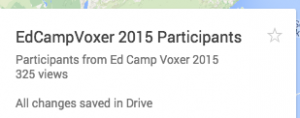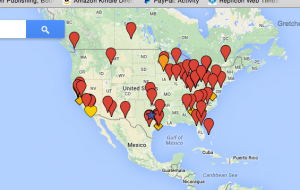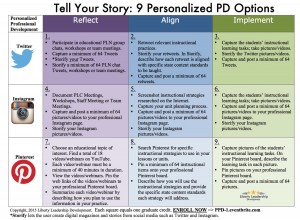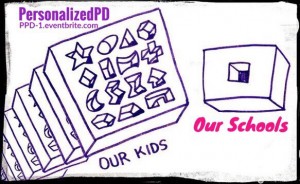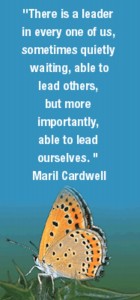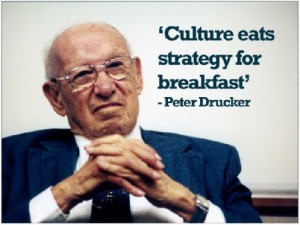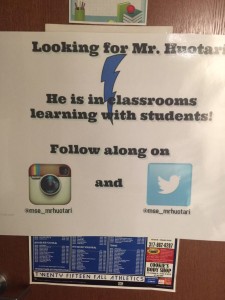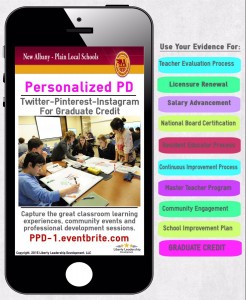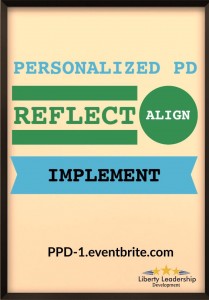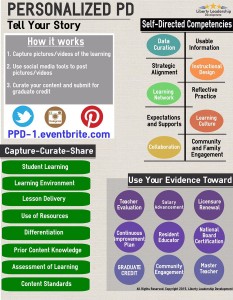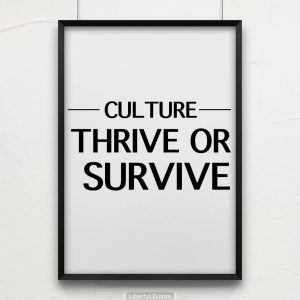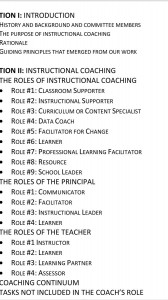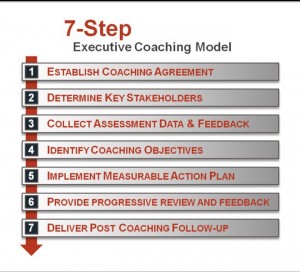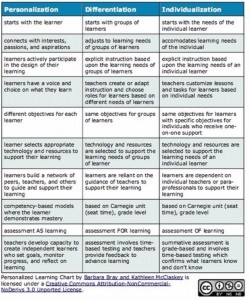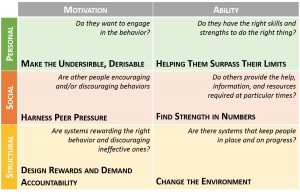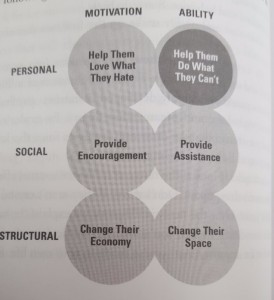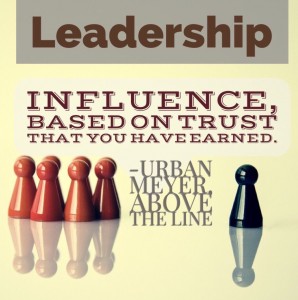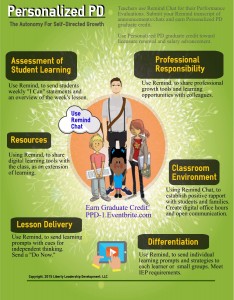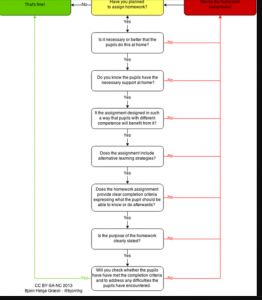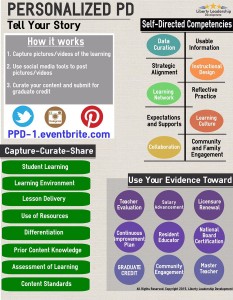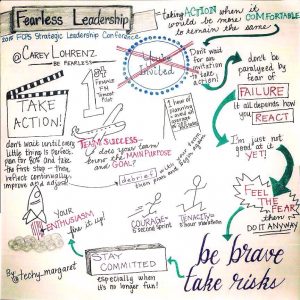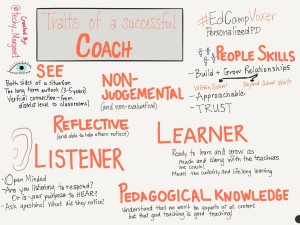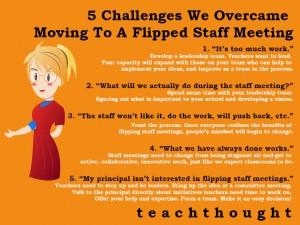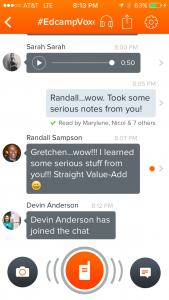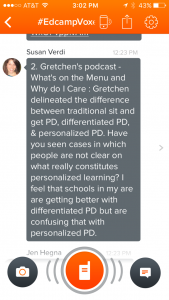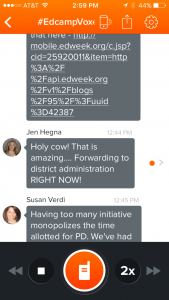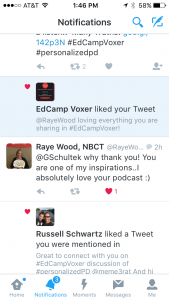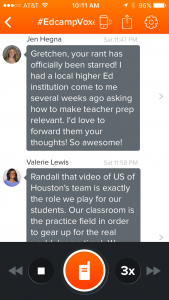EdCamp Voxer 2015
Holy Cow!! I cannot believe it has taken me THIS long to post about this fantastic event. I learned SOOO much that I had to have an Edcamp Detox for weeks after- you know, think and do unrelated things to keep your brain from an overload explosion! Apparently, those weeks turned to months! But, nonetheless, i am here to share with you about a career-changing event that you need to get involved with ASAP!
This past year I had the pleasure of attending a few EdCamps in my area. [See a previous post about EdCamp QC here.] It is a fantastically relaxed learning environment with passionate educators in your own area. I loved making connections with real people who are working with kids just like the ones I taught.
I then fell in love with the Voxer app [I have written a few posts about Voxer, which goes to show how much I LOVE it: fave tech tool, gain teacher effectiveness, and do’s and don’ts.] Then one fabulous day EdCAmp + Voxer came together to create a unique learning experience for educators. It was set up like a slow Twitter chat, where you can drip questions and comments over an extended period of time. This particular chat occurred over Christmas break until New Years and numerous mini chat rooms were set up on Voxer to chat specifically about one topic. This helps keep things organized, just like at an EdCamp where different sessions occur in separate rooms. But, the best part was I didn’t have to leave a session (“The Law of Two Feet” motto) to make it to another one I was interested in that was occurring at the same time. I could be in tons of “rooms” at once! Thank you technology! Oh, and the best part… I didn’t have to get dressed or travel (“Grow in your pjs” motto)!
We used a google doc of proposed session topics and then clicked on the link to enter the chat. Some groups had additional google docs outlining their discussion in case anyone had missed previous questions or topics discussed.
Topics I Initiated:
- Increasing Student Ownership and Leadership in the Classroom
- Effectively Leading Teachers through Personalized Coaching
Chats I Collaborated In:
- Personalized PD
- Being a Reflective Practitioner
- Personal and Professional Growth Through Mentors and Mentoring
- Building a Collaborative Culture Through Peer Observation
It was really fun to see where everyone was coming from- we spent the first day or so introducing ourselves and getting acquainted. Someone in the group (sorry, I wish I could remember exactly who!) suggested using google maps to create a visual to showcase all of our locations. For those of us that were able to, added a pin to a global map to show where we were from and provide our name and social media handle. It was really cool to see the power of learning across the country!
Key Take-Aways
Throughout my learning journey at EdCamp Voxer, I scribbled down some notes of comments and topics that resonated with me. I’ll share these in a bulleted, randomized manner below:
- Personalized PD = autonomy to control your own growth. Amen! Personalized Professional Development is semi-new on the scene and has done wonders for my own development. Having the option to CHOOSE topics you want to learn about so that you actually participate, are invested, and more importantly apply your learning in the classroom immediately is the key. Autonomy is a great word to describe the growth opportunity of #personalizedPD.
- Edufest = Teachers leading PD. EdCamp is just that- teachers doing the leading. No matter how long you have been in the classroom, everyone has something to contribute. I think it would be a unanimous vote if you asked teachers who they prefer to learn from- a consultant of a uber successful company or each other. They would pick each other. An Edufest or EdCamp is the greatest solution to meet that desire.
- Formative Assessment =not an event; it’s a process. Wow. I wish I remembered who phrased it this way. Testing is all around us and it is necessary in order to get feedback on the depth to which students understand a concept you presented. But to use it as something you do like a task on a To-Do list is not helping a teacher or student grow. It should be an ongoing tool- a process to measure your own effectiveness as the instructional leader and student’s own understanding of material. But it should never be a specific date and time where you endure a test as if it were a specific event to attend. To use assessment effectively, use it as a process to adjust your instruction.
- Coaching vs mentoring (relationships)= They are both about relationships but coaching is more top-down where mentoring is more facilitation with ownership on the learner. Be clear as to which relationship is best in every situation and act accordingly. Making the distinction is helpful to adjust your own behavior but also make expectations of the relationship clear.
- Leadership Jungle Gym Analogy = Instead of thinking about a ladder where you climb up and down, think about a jungle gym with pathways going in every direction. Everyone can be a leader in numerous ways, so finding your own path and expertise is encouraged. There can be leaders of a variety of topics vs one king of the jingle. How freeing is that visual?
- Teacher Report Card from Students= This is something I do with my kiddos (and even teachers I coach). No one is exempt from growing into their potential. The ones you work closest with can provide you with the most insightful feedback to help you grow. Ask your students using a survey method about your teaching practices and encourage them to be specific. You don’t even have to include a place for their names. The more honest the can be the better off you will be the following year!
- PD = Ritual Compliance. Ugh. Totally. My school had to have “seat hours” for PD. We were awarded credit for the amount of time we sat learning about a particular topic, regardless if we were actually listening or applying the knowledge. It was a ritual we had to partake in, and an event where we had to comply. See #personalizedPD above for ideas on how to break this mold in your school!
- PD Engagement vs PD Entertainment= Oh my gosh, I never thought about the semantics here. Great point, though. I felt as a teacher I had to put on a dog and pony show to entertain my kids and I kept calling it engagement. But really, entertainment and engagement are entirely different. I don’t want my kids sitting in nice, organized rows in awe of my performance. Teaching is not about me, its about them. They need to be the ones DOING something. Having students engage means they are grappling with content and interacting with each other. Sure learning can be fun, but that still is different than entertainment. I don’t want them to sit back, relax and enjoy the show. The same is for PD. We can’t expect to show up and watch the presenter put on a fabulous show and then be expected to go back to our own classrooms and wow our kiddos in an effective way. We have to be the ones grappling with the new knowledge so that we can comprehend it in the best way possible so that we can bring it back to the classroom.
- “Don’t let the title lead the way -let the desire lead the way” = Dang, thats good! We focus on trying to create really engaging titles to lessons and PD sessions but what we really need for a good learning environment is a desire from the learner to uncover the mystery behind the unknown. Again, pass the ownership to the learner. It’s not about you, its about them. Focus on desire!
- Future Ready= Right now we talk a lot about college and career readiness under the Common Core Standards. But really we need your kiddos ready to take on whatever may come their way in the future. For that, we call it being “future ready.”
- Reflect on the fly= EdCamp is crazy busy and you are learning a TON. It similar to brain overload at a conference. You have to reflect on the fly before heading into a new session so that you can remember all the fabulous things you are learning. Implement this quick reflection in your own teaching. Before moving on to the next class or subject, reflect on the fly. Give yourself a quick Glow and Grow- What went Well? What do you Need to Improve? Jot it on a sticky note, or make a mental note…then, move on.
- Q: What makes a coach effective? Great question. There are many different types of coaches out there with different styles and approaches. I responded to this group question, stating “the ability to craft great questions, build rapport, challenge stale thinking and encourage growth for student achievement and engagement. Just to name a few.” I think the characteristics I mentioned above are central in a coach building relationships and helping others grow in authentic ways. What would you say makes a coach effective?
- Independence vs Ownership – Man, I don’t think I ever contemplated this either! But there is a difference. I worked really hard on making my kids independent third graders. They were in charge of numerous tasks in the classroom and in their lives, but I never gave them opportunities to take ownership over thier own learning- making decisions of what and how to learn, how to approach and solve problems, how to study and prepare for an exam, etc. There are natural consequences for both, and its important to think through what you are asking of students. Do you want them to be independent or take ownership? Then teach them how. The classroom shouldn’t be “controlling and oppressive [but] free and creative” as someone in the group mentioned. Hand over the control to the kiddos.
- FAIL- first attempt at learning = I love this saying! It encourages us all to keep trying without fearing an unsuccessful outcome. You realy only fail when you stop trying. You must push through every obstacle so that the synapses in your brain connect. This ensures your IQ is not stagnant. GROW by failing often.
- Sage on the stage vs guide on the side= Boy have I grown in this area. I learned to teach by being the main show in the classroom. I used direct instruction 24/7. It was all about me- what I was saying, what I was doing, etc. My kids learned but I could have done better by them. In the latter part of my educational career, I started facilitating learning more and using mini lessons to provide direction instruction. The beef of my lessons were now in smaller, independent groups where I pulled students aside when needed. This guide on the side has really put ownership on the students and their knowledge bases have grown like weeds!
- Give me 5 -This technique is often used by teachers who are holding their hands up in the air demanding the attention of the class. But it could be more effective if we encourage students use that instead of just teachers (Thanks to Teach like a Pirate). You must “respect the person that called it.” What a great way to share ownership and build confidence in kids?
- Complaining vs Problem Solving- We all have struggling students and teachers we work with, but instead of just talking about it, start asking for help. There are great educators out there ready and willing to help you think through a challenge to have a productive outcome instead of the prolonged frustration.
- Teach staff feedback protocol prior to survey= This is an idea I brought up in our discussion. I think if you really want to have meaningful feedback you need to teach students and staff how to provide it. Instead of “it was a fun lesson” or “I enjoyed the PD session,” prompt teachers to add on with specifics so that you know exactly what to continue doing and what to change. You are not force feeding feedback but you are setting up expectations. The hope is that staff and students use that model in thier own lives as well.
- “Feedback is like sushi. Good when it’s fresh, not good when its not fresh, but actually harmful.” = BAH!! How hilarious is this one? But so true. Feedback needs to timely so that you can actually do something with the information. Don’t wait until the end of the year to ask for feedback, ask along the way! Get better in the process. It will be too late otherwise.
- Simplify homework= I remember when I was in school I had so many math problems to complete. But they were all the same formula or concept so it was just repetitive and took forever. I love when teachers started realizing this and told us if you can do 3 correctly, you don’t have to do the rest. AMEN! I started giving just one problem for students to do, but with a written component for feedback like “can you walk me through your thinking?” This helps me determine the level of mastery not just if you got it right. I also can find out exactly where students got stuck.
- Scattered learning = rabbit holes. Sometimes our own PD, especially on social media, can be quite random. It reminds me about what they used to say about our state standards: “a mile wide and an inch deep.” You learn a little about a lot, which is not very helpful. We have to make sure we are not learning in a scattered fashion, going down rabbit holes every now and again. Plan purposeful opportunities to learn thoroughly on a topic so that you can gain real expertise. Our learning shouldn’t be a cliff notes version, but the novel itself.
- “Leading with character is helping to position our people to navigate through problems and create solutions, not focus on problems. Audacious leaders don’t gripe but get a grip on issues and collectively work together to achieve results. Otherwise the culture becomes a toxic environment.”
- “Be calm in the face of chaos and be purposeful in my actions.”= Boom, thats good. I think its easy to understand the concept of remaining calm in chaos, especially since teachers do that all day long to avoid the ramifications of a chaotic classroom. But, the second part of this quote is interesting to me. Be purposeful in actions. That takes forethought and confidence. I think oftentimes we are so busy we react instead of being proactive and purposeful. What a great goal to have for personal growth!
- Are you listening?= Listen to respond vs listen to hear. Gosh, this is so hard to do. When a student asks a question, I am formulating my answer as they are talking. When a teacher is talking I am already thinking of what I want to say to them next. None of these responses are helpful in the development of the other person or myself. Sometimes you need to listen without doing anything else. Boy is that hard! Hear what someone is saying to better understand their perspective rather than focusing on problem solving or next steps.
- Coaching or PD not working? You don’t know your teachers well enough= Ouch… but true. If something does not work, its because your approach wasn’t right. It’s not about them, its about you and the avenue or content you provided was a mismatch. The quicker you can figure out your audience, the better you can prepare engaging, informative learning experiences.
- Tech = The tools will always change. The process in which we use them will not. That is sustainability. Tools come and go constantly, but the purpose of the tool is what you should focus on because that process is what is driving your classroom decision making. Whether its data tracking or behavior management, the “why” behind the “what” is the most important component.
- What gets recognized gets repeated= Yessir! If admin is praising a teacher for something, that something will continue from that particular person and others will soon replicate it. We all want to be recognized. Same goes for students in a classroom. Whatever you tolerate will become the normal. If you praise it, it will continue so be wise in what you praise!
Helpful Graphics
Below are a ton of images I snagged because I found them to be so helpful in my learning through the EdCamp. Enjoy scrolling through these 🙂
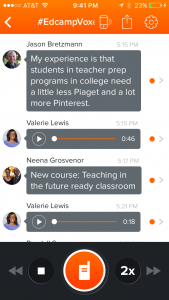 AMEN!! I have been saying this FOREVER! I was so underprepared in 4 years of earning a degree in education. That is a HUGE problem!
AMEN!! I have been saying this FOREVER! I was so underprepared in 4 years of earning a degree in education. That is a HUGE problem!
“When should you assign hw?” Graphic
Helpful Websites
Check out these blog posts that were shared during the EdCamp!
- 5 Deadly Beliefs that Limit Leaders
- What Constitutes Good
- Autonomy Breeds Change
- You Won’t Make it if you Fake It– A famous quote says: “You can fool all the people some of the time, and some of the people all the time, but you cannot fool all the people all the time.” Maybe the “fake it till you make it” leadership approach will work for a while, but it will eventually catch up with you.
Written Praise
If you ever want to feel good about yourself, start collaborating with educators. They are quick to give credit, where credit is due. Boy did these educators fill my bucket during the EdCamp!
Verbal Praise
Click Listen to hear what my colleagues felt about my contributions!
Looking for more information about Voxer? Check out these helpful blog posts:
How Can an Educator Gain Effectiveness through the Voxer App?
My New Favorite Tech Tool: Voxer
What did you find most helpful reading through this post? Share out your take-away!


